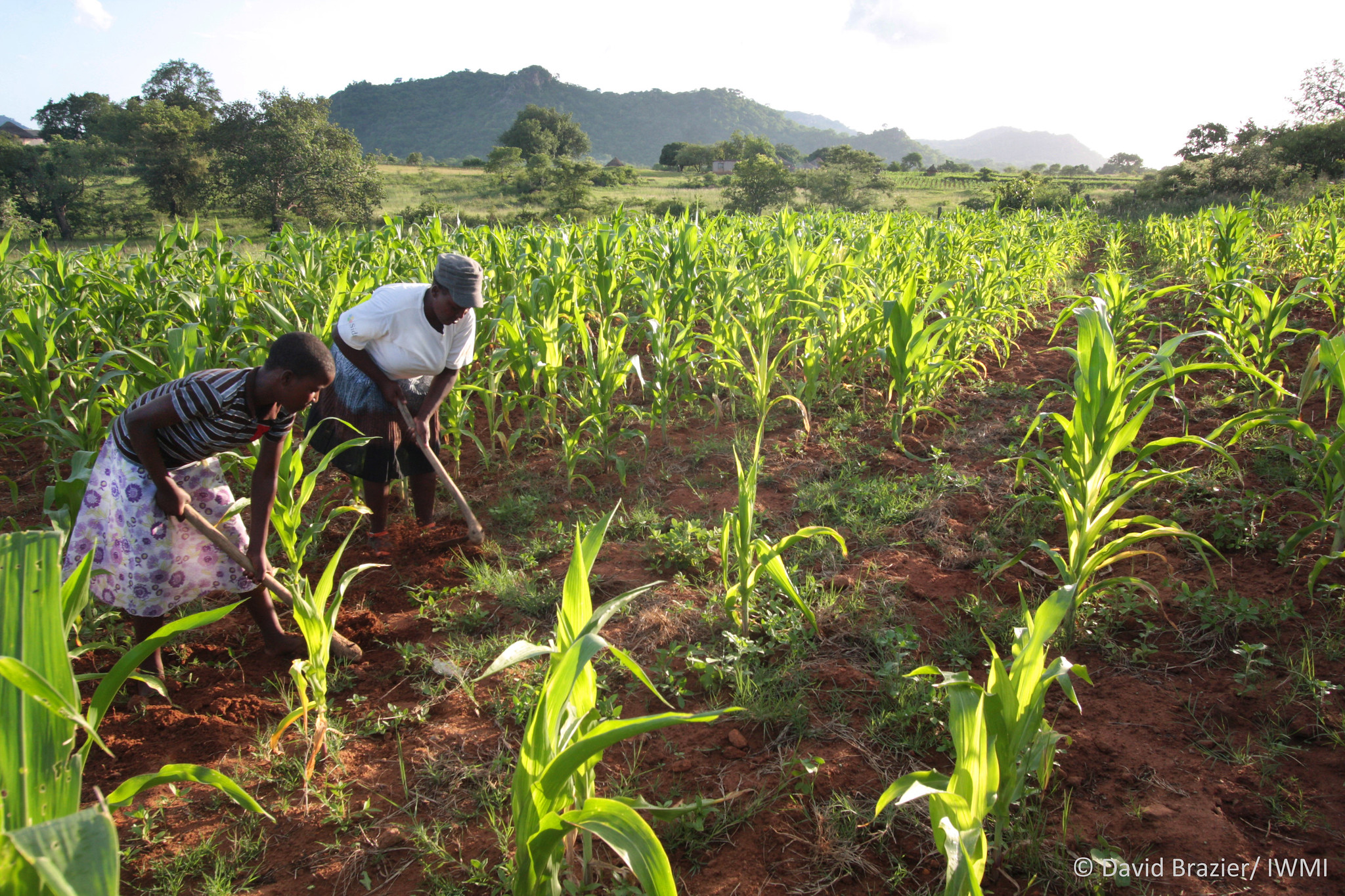
BY HARRIET CHIKANDIWA The command agriculture programme (CAP), which resulted in US$1 billion worth of Treasury Bills (TBs) being issued irregularly by the Reserve Bank of Zimbabwe (RBZ), excessively bled the country of its finances, legal think-tank Veritas said yesterday.
CAP was introduced in 2016 and was designed to ensure food security and eliminate food imports. The initial funding for the programme was pegged at US$500 million and beneficiaries received US$250 000.
However, the government ended up issuing US$1 billion TBs unprocedurally to fund the scheme.
In its latest report titled Command Agriculture: The Debt Sink-hole, Veritas said the programme resulted in Zimbabwe’s sovereign debt growing at an alarming rate to US$13,7 billion as of September 2021.
The think-tank said a significant portion of the debt was accumulated after 2015 when the government embarked on the command programme.
“Financing CAP has disproportionately bled Zimbabwe’s finances with little commensurate benefit to the public. It is time for command agriculture to be reviewed with the aim of making individual farmers responsible for their debts,” Veritas said. “If that means giving them bankable title to their land, then it should be done. Funding agriculture is desirable and even necessary so long as it does not become a perpetual burden on taxpayers.”
The programme was also criticised for having been militarised, with the army organising the procurement of inputs and supervising their distribution to farmers.
Between 2015 and 2018 the programme was funded outside the national budget, resulting in the country incurring US$3 billion in unbudgeted expenditure.
- Chamisa under fire over US$120K donation
- Mavhunga puts DeMbare into Chibuku quarterfinals
- Pension funds bet on Cabora Bassa oilfields
- Councils defy govt fire tender directive
Keep Reading
The US$3 billion unauthorised expenditure was described as unappropriated expenditure by the Auditor-General Mildred Chiri when she appeared before the Public Accounts Committee in 2019.
Veritas noted that in the current financial year, Treasury will have to pay $37 billion (local currency) to service TBs that were used to fund agriculture in the 2020/21 season.
“The Treasury has no capacity to repay this loan and it seems the debt will have to be rolled over and new bills issued. The domestic debt maturity profile reflects the short-term nature of the domestic debt securities/TBs as investors have a preference for short-term instruments to hedge against inflationary pressures. The maturity profile reflects government’s refinancing risk, as $31,3 billion (81%) of outstanding domestic debt securities is maturing in 2022, with a corresponding interest bill of $5,1 billion,” Veritas said.
- Follow Harriet on Twitter @harrietchikand1










